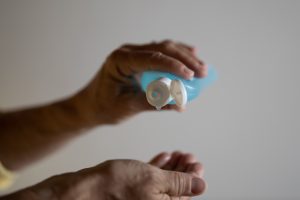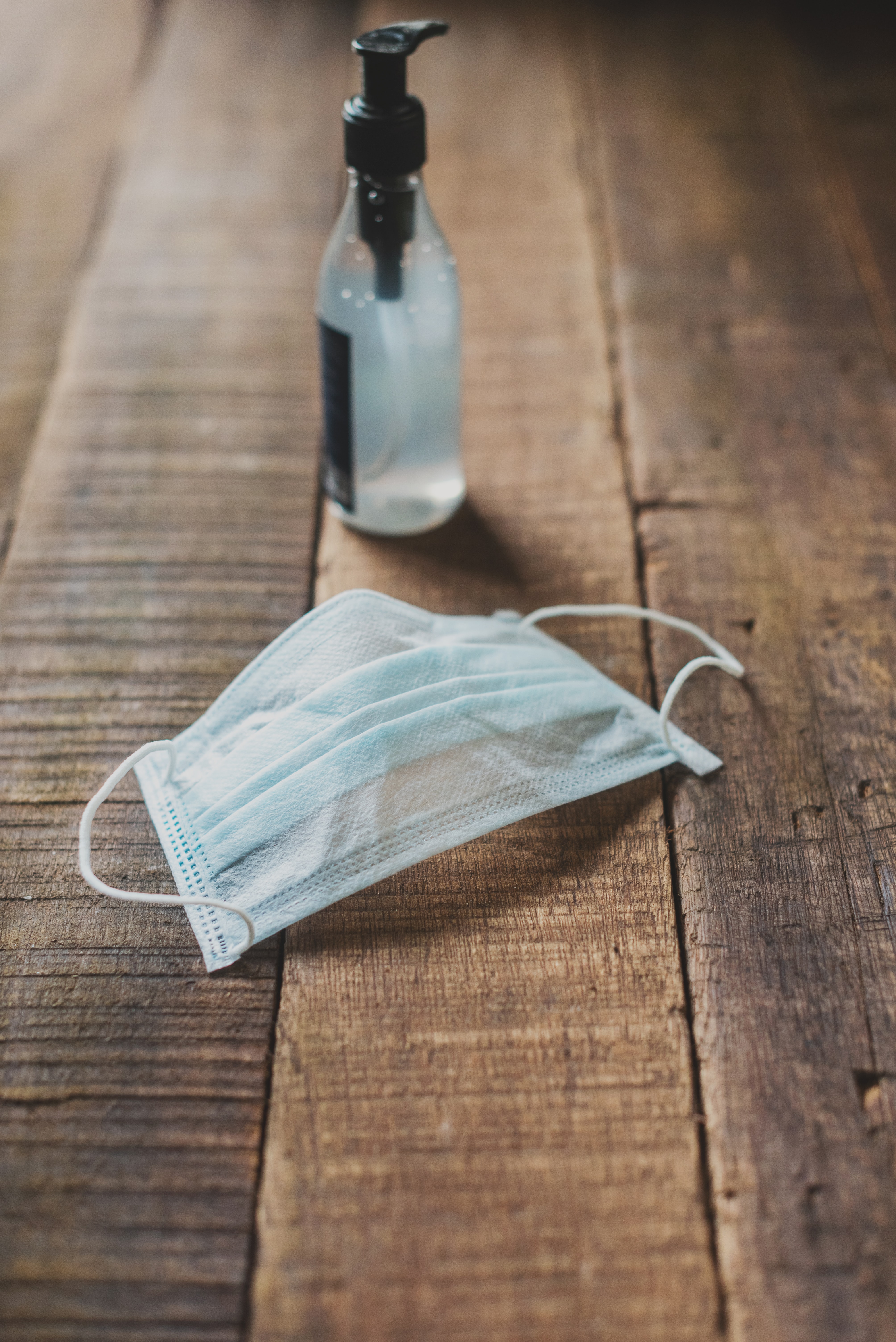Not everyone on the frontlines of the COVID-19 has adequate personal protection equipment.
Those on the frontlines of the coronavirus pandemic tending to patient care include more than just the physicians and nurses. They also include medical facility workers cleaning rooms, drawing blood, and those who serve meals, and these employees seem to be last in line to get essentials needed to stay safe. Workers in California, Illinois, and Washington state have reported to the Center for Public Integrity they are expected to come to work ready to help without basic supplies like masks or gloves.
Two nurses in New York City have already died from the virus, and many other hospital employees have contracted COVID-19. However, since supplies have largely been limited, they’ve had to be rationed. And, this means, not everyone is able to have access even though everyone is expected to fight against the pandemic. The Centers for Disease Control and Prevention (CDC) relaxed standard protocols when shortages in supplies became evident.
“There’s also meager support for low-paid hospital workers who are least able to afford to self-quarantine if exposed to the virus,” said Catherine Murrell, deputy communications director for Healthcare Illinois and Indiana, a Service Employees International Union affiliate. “The Healthcare Illinois and Indiana union is urging hospitals to cover fifteen paid sick days if a worker must self-quarantine,” she added.

Wellington Thomas, an emergency room technician at Chicago’s Loretto Hospital, said he has personal protective equipment (PPE) available to him if he’s called into patient isolation areas, including a N95 respirator mask. However, he still has to be in the hospital’s ER, around patients who are not being quarantined, without protection. He has already been exposed. The hospital’s administrators told him and a handful of others who were in the infected patient’s room to self-monitor for symptoms.
Congress recently passed a $2 trillion stimulus package, called the Coronavirus Aid, Relief, and Economic Security (CARES) Act, which President Trump has indicated will provide hospitals with “critical supplies including masks.” However, this does not address immediate needs. More time will lapse before hospital receive critical stock, meaning workers like Thomas will continue to be exposed.
Heather, who did not want to be identified with her last name, is an acute-care speech therapist in a Seattle hospital. To protect herself from infectious droplets (i.e., from sneezes or coughing), she has been using a controlled air purifying respirator (CAPR). Nurses also use CAPR devices, but Heather said, “They have individual, detachable face shields assigned to them.” She must share a shield with others who provide patient care, including ultrasound technicians and lab technicians. “There’s a table with three or four shields. You have to pick one,” Heather said. “And you have to hope the person who used it before you did a good job cleaning it or do it yourself.”
Other patient care workers, such as hospital interpreters, are forced to wear less-than-ideal gear, too, such as surgical masks which, unlike N95 masks, do little to contain the spread of the virus – if they get anything at all. As COVID-19 infected patients are offered nebulizer treatments to open their lungs, particles are inevitably expended into the air for personnel to breathe in. Being exposed only to return home and potentially expose other family members does little to stop the spread of the coronavirus. Until supplies are adequately replenished, the situation is a lose-lose.
“President Trump spent months downplaying the coronavirus crisis and wasting precious time as thousands of Americans tested positive, got sick, and died,” U.S. Rep. Carolyn Maloney, D-NY, chairwoman of the House Committee on Oversight and Reform, said. “Rather than casting doubt on the gravity of this pandemic, the administration should have been working around the clock to prepare and execute plans to obtain desperately needed personal protective equipment and medical supplies.”
Sources:
Area health care workers running short of supplies for pandemic


Join the conversation!